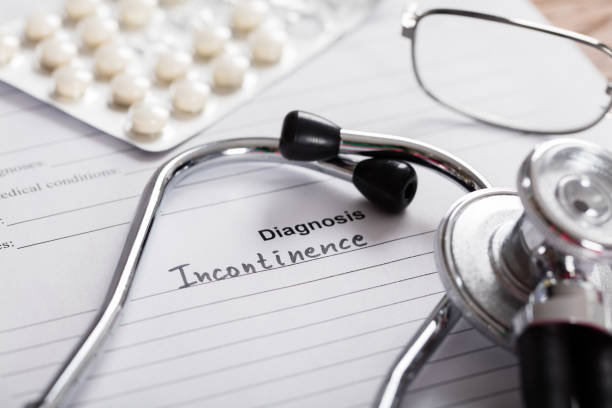Because of the embarrassment and stigma associated with bathroom-related problems, fecal incontinence remains the most underreported medical disorder. Fortunately, the Lone Star Gastroenterology team offers a wide range of conservative treatments to restore your continence and quality of life.
An overview of fecal incontinence
Fecal incontinence is a term referring to the inability to control bowel movements. This disorder may range from an involuntary passage of tiny amounts of stool to total loss of bowel control. Some individuals with fecal incontinence may experience a pressing urge to have a bowel movement but not reach the toilet in time. Other individuals may not experience the urge at all and pass stool unknowingly. If left untreated, fecal incontinence can cause unnecessary embarrassment and interfere with your social life. This disorder is a sensitive topic for many, but you shouldn’t shy away from seeking medical attention from your most trusted specialist. Treatments can reverse fecal incontinence and restore your quality of life.
When to consult your doctor about fecal incontinence
You may experience fecal incontinence during a bout of diarrhea, but it may frequently occur for some individuals. People with this disorder may find it difficult to resist the urge to defecate. The feeling comes suddenly and strongly, so they cannot make it on time. Fecal incontinence may occur with other bowel issues like gas, bloating, diarrhea, and constipation. Often people with this disorder are embarrassed to seek help, but the sooner you get tested, the sooner you obtain relief from the associated symptoms.
Diagnostic techniques for fecal incontinence
During your first appointment, a board-certified gastroenterologist may discuss your symptoms and conduct a rectal and physical exam. The team creates a comfortable and friendly environment to ensure that you feel comfortable expressing yourself without worrying about judgment. They may recommend anal manometry to evaluate the strength of your sphincter muscles, an endoluminal ultrasound to assess the structure and shape of your anal sphincter, anal electromyography to detect nerve damage or flexible sigmoidoscopy to detect abnormalities like scar tissue and inflammation.
Available treatments for fecal incontinence
After diagnosis, your provider may educate you about the available treatment options and recommend the most effective. If your fecal incontinence is a symptom of an underlying disorder, the team may treat the condition first while alleviating your symptoms. In most cases, fecal incontinence responds to conservative treatments like diet modifications and medications. Your provider prescribes medicines based on the trigger of the disorder. The team may recommend antidiarrheal drugs for diarrhea-related fecal incontinence and laxatives to address constipation-related fecal incontinence. Your provider may also help you make the necessary diet adjustments and help you identify the foods triggering the condition so you can avoid them. You may also need to cut out greasy and fatty snacks and eat more fiber. Sometimes, the problem lies in what you eat; changing your diet
, adding more fiber, and reducing your intake of greasy foods can reverse fecal incontinence.
Call the practice or book your spot online for more information about fecal incontinence.




